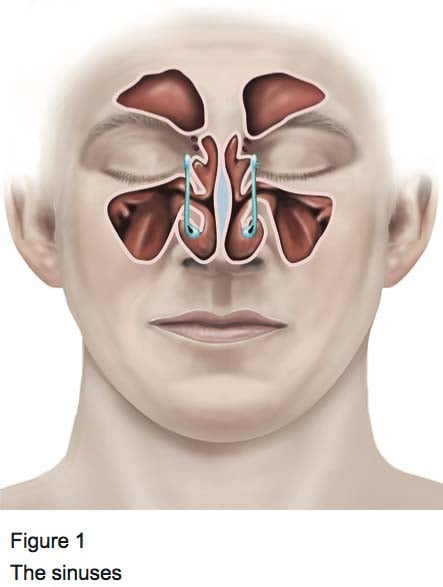This page gives information about endoscopic sinus surgery. If you have any questions, you should ask your GP or other relevant health professional.
Consultants and Clinic Times

Mr Behrad Elmiyeh
MB BS, MRCS, DO HNS, FRCS (ORL-HNS) Eng
Specialities
Ear, Nose and Throat (ENT)
Mr Tony Hinton
MB ChB FRCS(OTO) FRCS(ORL)
Specialities
Ear, Nose and Throat (ENT)
Mr Kevin Kulendra
BSc MBBS(Hons) DOHNS FRCS (ORL HNS)
Specialities
Ear, Nose and Throat (ENT)

Mr Enyi Ofo
BSc(Hons) MBBS(Lond) DOHNS FRCS(ORL-HNS) PhD
Specialities
ENT (Ear, Nose and Throat), Head & Neck/Thyroid Surgeon

Mr Parag Patel
FRCS (ORL-HNS), MSc Allergy, MBBS, BSc (hons), DO HNS
Specialities
Ear, Nose and Throat (ENT)


Mr Kiran Varad
MCh(ENT), FRCS(ORL-HNS) MBBS BSc
Specialities
Ear, Nose and Throat (ENT)












